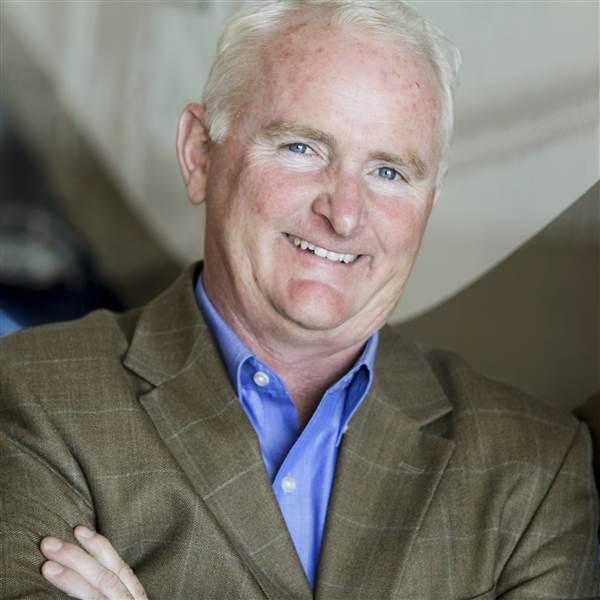President's Position: Medical reform gets real
Next steps for enacting changes
The days leading up to final passage of the medical reform legislation, and the president’s signing it into law on July 15, were tense. But as we gathered around the TV and watched the “yes” votes add up in the Senate, our worries turned to jubilation. After literally years of working on this issue every single day, we did it. Third class medical reform was a reality.
For me, this was personal. When I came on board at AOPA, the original AOPA-Experimental Aircraft Association medical reform petition had already languished for almost 18 months. It was then that I made a commitment to myself, and to you, to do whatever it took to get medical reform done.
With the petition, we started down the regulatory path to getting reforms. But after the FAA failed to respond—and later announced a rulemaking process that quickly disappeared inside the Department of Transportation, never to be seen again—it became clear that the regulatory road was going nowhere. That’s when we decided to enlist our supporters in Congress and focus on a legislative approach to change.
Getting legislation introduced in Congress is, in some ways, the easy part. From there it’s a battle for hearts, minds, and focus. The legislative process is one of negotiation and compromise. And only about 4 percent of all bills that are introduced ever become law.
We’ll use a couple of guiding principles to make sure the process stays on track. First, make pilots, not bureaucrats, responsible for their fitness to fly. And second, keep it simple.Getting from legislation to law took a huge investment of time, resources, expertise, and energy—not only from our team at AOPA, but also from our members. AOPA issued six calls to action, and our members responded, sending more than 220,000 letters to members of Congress. And thousands of you contributed in other ways, donating to our fundraising efforts and the AOPA Political Action Committee, signing petitions, and enlisting the support of your fellow pilots. Thank you!
We won, but the journey isn’t over just yet, and we still can’t fly under the new reforms. Now the law must be translated into actual regulations, and the FAA has up to a year to get it done. Over the coming months, we’ll use a couple of guiding principles—a litmus test, of sorts—to make sure the rulemaking process stays on track. First, make pilots, not bureaucrats, responsible for their fitness to fly. And second, keep it simple.
This new law is about personal responsibility—and that’s something pilots already understand. We want to fly safely, and we already self-certify our fitness to fly every day. The new law will give us additional tools to do that in the form of a free, online aeromedical factors course every two years. But as reforms move from legislation to regulation, we want to be sure the end result empowers pilots to determine their fitness to fly.
And the regulations shouldn’t try to set rules for every possible circumstance. We know from aircraft certification that an overly prescriptive approach ends up stifling aviation instead of nurturing it. With hundreds of thousands of pilots using third class medicals, millions of situations could play into a pilot’s ability to fly. Rather than chasing chimeras and trying to prescribe rules for every possibility, the new regulations should be straightforward and relatively simple so pilots can follow them without help from lawyers—or hundreds of pages of interpretation from the FAA.
We’ll also spend the coming months working directly with the medical community to educate and inform doctors about delivering medical exams for pilots. You’ll see AOPA sharing information at conferences, in medical association magazines, through seminars, and more. We even plan to set up a hotline to answer doctors’ questions. We want to be sure doctors are ready to go when the rule is final, so pilots can take full advantage of reforms from the start.
Getting here hasn’t been easy, but it has been worthwhile. The same is sure to be true for what comes next, and the time may come when we again need your help. All of us at AOPA know we can count on our members to stand up for GA when it matters most. And I want you to know that you can count on all of us at AOPA to keep fighting for your freedom to fly.
Email [email protected]



